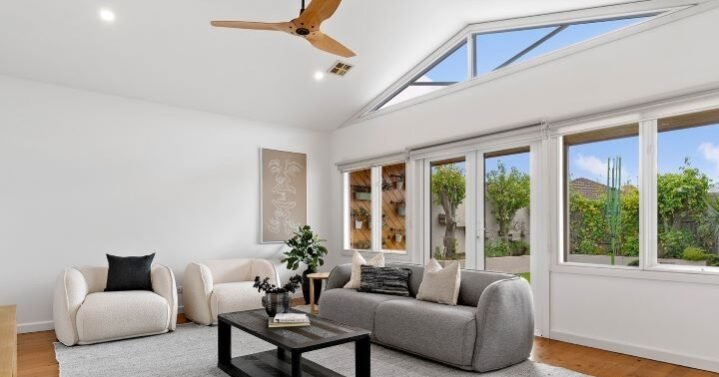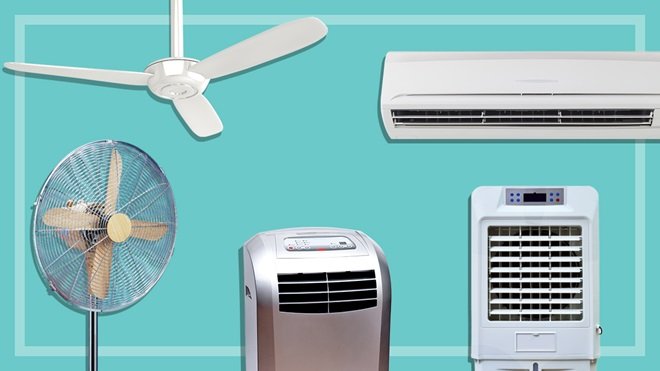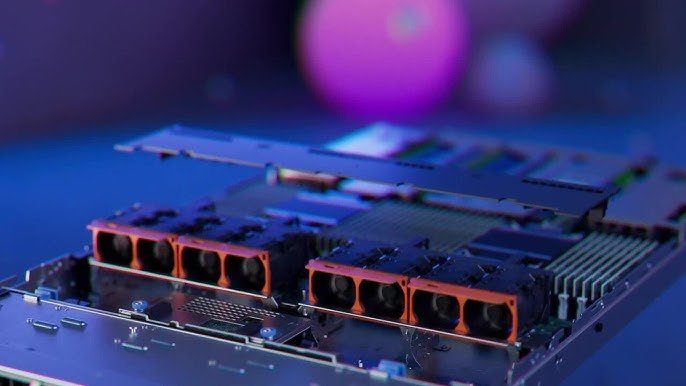Choosing the right cooling system for your space is essential for comfort, energy efficiency, and cost-effectiveness. Whether you’re looking to beat the heat in your home or office, understanding your cooling needs is the first step in selecting the perfect system. From traditional air conditioning to modern evaporative coolers, there are several options available. Here’s a guide to help you make an informed decision.
Understand Your Cooling Needs
The first thing to consider when choosing a cooling system is the size and layout of the space you need to cool. Larger spaces, such as open-plan living areas or offices, will require more powerful systems than smaller rooms. Additionally, the number of people who typically occupy the space and the level of insulation will affect how much cooling is needed. For example, rooms with a lot of windows or those that face the sun may require a more powerful system.
Types of Cooling Systems
Central Air Conditioning
Central air conditioning is ideal for cooling larger spaces or entire homes. It works by circulating cool air through ducts and vents. While it requires a significant upfront investment, it offers consistent temperature control and is highly effective at cooling multiple rooms.- Split System Air Conditioning
A split system consists of two units: an outdoor compressor and an indoor air handler. It is best for smaller spaces or individual rooms. Split systems are quiet, energy-efficient, and easy to install, making them a popular choice for homeowners and small offices. - Evaporative Coolers (Swamp Coolers)
Evaporative coolers are energy-efficient systems that use water to cool the air. These coolers are perfect for dry climates as they add moisture to the air while reducing the temperature. They’re an eco-friendly and cost-effective option, but they may not be as effective in humid environments. - Portable Air Conditioners
If you’re looking for a flexible solution, portable air conditioners are an excellent choice. These units can be moved from room to room, providing targeted cooling where you need it most. They’re also relatively easy to install but might not be as powerful as other systems. - Ceiling Fans and Tower Fans
Fans are the most affordable and energy-efficient cooling option. While they don’t lower the temperature of the air, they can create a wind-chill effect that makes the room feel cooler. Ceiling fans are ideal for circulating air throughout the room, while tower fans are perfect for personal cooling in smaller spaces. - Hybrid Systems
Some modern cooling systems combine multiple technologies. For instance, ductless mini-split systems can provide both cooling and heating, making them ideal for year-round comfort. Hybrid systems are highly flexible and energy-efficient, particularly for spaces that require both heating and cooling throughout the year.
Key Considerations When Choosing a Cooling System
Energy Efficiency
Energy efficiency is an important factor when choosing a cooling system. Look for systems that are ENERGY STAR certified or have a high Seasonal Energy Efficiency Ratio (SEER) rating. A more energy-efficient unit will reduce your cooling costs and environmental impact.- Noise Levels
If you’re installing the system in a bedroom or a quiet office, consider the noise levels of different cooling systems. Central air conditioning and split systems tend to be quieter, while portable units and fans can be noisy. - Climate and Environment
The climate in your area will influence the type of system that works best. Air conditioning is more effective in humid climates, while evaporative coolers are better suited for dry conditions. - Installation and Maintenance
Some cooling systems, such as central air conditioning, require professional installation, while others, like portable air conditioners, are easy to set up on your own. Additionally, some systems require more maintenance than others. Air conditioning units need regular servicing, while fans require little upkeep. - Cost
The upfront cost of the system, along with ongoing energy and maintenance costs, will impact your budget. While central air conditioning may have a higher installation cost, it could be more cost-effective in the long run if you’re cooling multiple rooms. Conversely, portable or split systems are generally more affordable and ideal for cooling smaller areas.
Choosing the Best Cooling System for Your Space
When selecting the best cooling system for your space, the key is to match your system to your specific needs. Consider the size of the space, the local climate, your budget, and the level of comfort you desire.
- If you’re cooling a small apartment or single room, a split system or portable air conditioner might be the best option.
- For larger homes or offices, central air conditioning provides reliable, whole-house cooling.
- If you live in a dry climate, an evaporative cooler might offer an eco-friendly and cost-effective solution.
- Fans are a great supplement to any cooling system, especially for creating airflow or cooling smaller spaces quickly.
- By understanding the pros and cons of each type of cooling system, you can make an informed decision that keeps your space comfortable without breaking the bank.
Keywords: best cooling system, air conditioning, evaporative cooler, portable air conditioner, ceiling fans, energy-efficient cooling.


